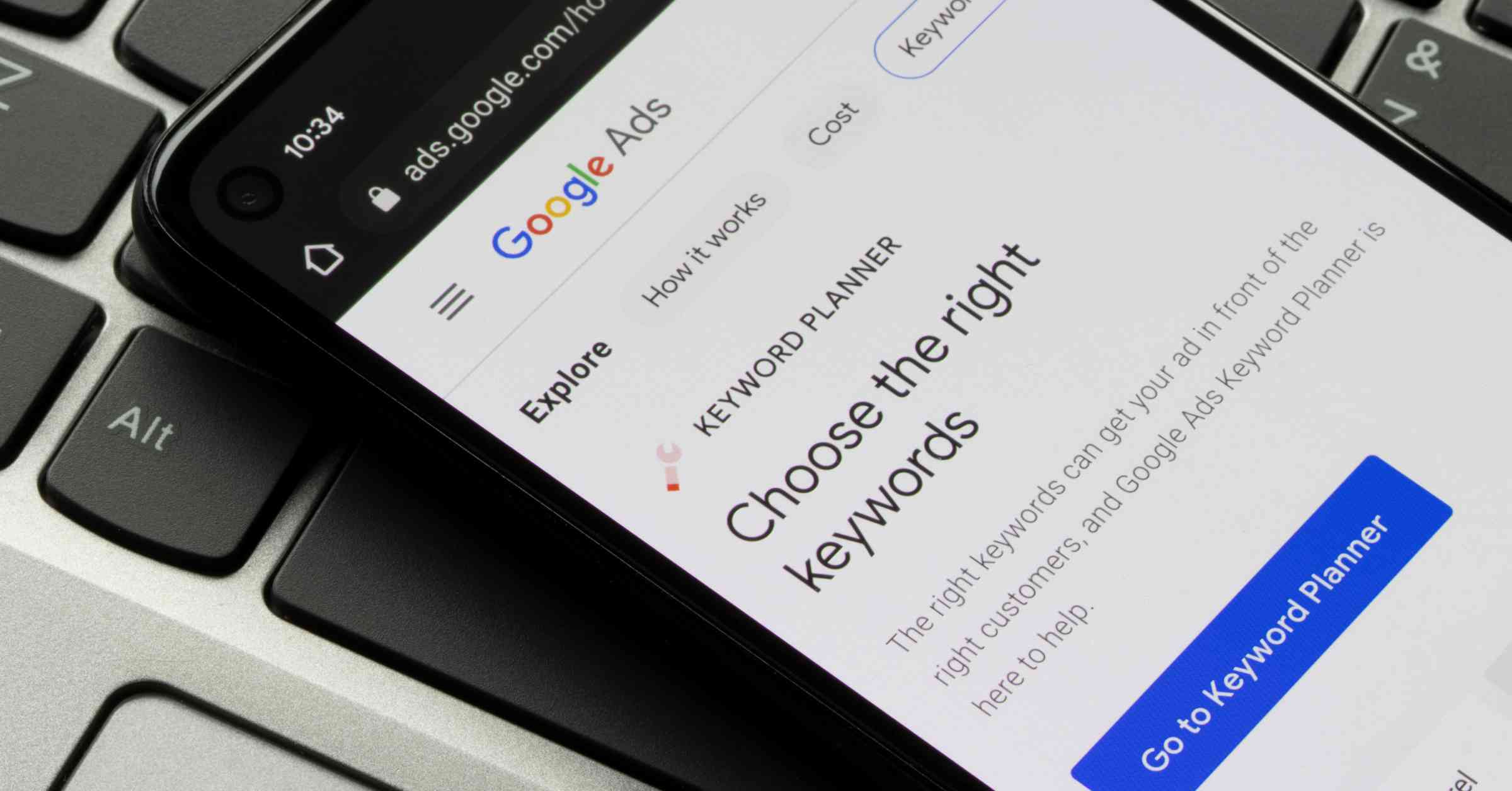
Table of Contents
- Introduction
- Key Areas for PPC Personalization
- Advanced Personalization Tactics
- Measuring the Impact of Personalization
- Don’t Dawdle! Discover the DOM Difference Directly!
We can’t resist a little alliteration in our blog titles. Some words just lend themselves naturally to the repetition, and Pay Per Click has two, so it’s only natural to continue on into the rest of the sentence.
But we’re not here to talk about content writing. The subject of our blog is personalization.
Just like we personalized this blog title with the kind of alliteration that makes us happy, personalization is one of the big differentiators that reflects the current state of affairs in digital marketing.
All of our fancy tools and decades of data bear an interesting and useful fruit: personalization.
Generic, one-size-fits-all PPC campaigns are a relic of the past. True success hinges on strategies that resonate with specific audiences at the right time and in the right place.
The ability to target the ideal customer with laser-like precision has revolutionized the way we approach paid advertising.
Let’s explore how to tailor your PPC plan using cutting-edge personalization techniques that drive tangible results and propel your marketing efforts forward.
Key Areas for PPC Personalization
Target Audience Segmentation
Drilling down into audience demographics – age, location, gender – scratches only the surface when crafting an effective PPC plan.
To truly personalize, we need to dig deeper.
This means targeting based on interests, online behaviors, and signals that hint at a prospective customer’s intent. Ever see an ad follow you around the web after browsing a particular product? That’s interest-based targeting in action.
Let’s not forget the power of understanding the mindset behind the search. Psychographic segmentation allows us to tap into customer values, lifestyles, and attitudes. This paints a detailed picture of who your ideal customer is and how best to speak to them in your ads.
Device-Specific Strategies
The way people search and interact with ads varies wildly across desktops, tablets, and smartphones.
We need to adjust bidding strategies, ad copy, and even landing page experiences to fit the device. Imagine the frustration of a mobile user bombarded with an ad that’s clearly designed for a desktop screen – instant loss of interest!
Location-Based Targeting
Location plays a role in crafting the perfect PPC mix.
If you’re a local business, geotargeting allows you to show ads only within your service area. But the possibilities go further–think about regional differences in language, preferences, or even seasonal promotions based on location-specific events or weather patterns.
Time-Based Considerations
When your ads appear can mean the difference between hitting the mark and a wasted click. Time-of-day and day-of-week ad scheduling help refine your reach.
Consider a restaurant running a lunchtime special – showing those ads late at night isn’t just inefficient, it could leave a negative impression on a potential customer.
Advanced Personalization Tactics
Remarketing and Retargeting
Think of remarketing and retargeting as a second chance to make a powerful impression.
These strategies center on showing tailored ads to people who have already interacted with your website or brand. Perhaps they visited a specific product page, abandoned their shopping cart, or previously clicked on one of your ads.
Remarketing is a potent way to reignite interest and stay top of mind.
Dynamic remarketing takes personalization to the next level. These ads automatically adjust their content based on the products or services a user has shown interest in. This customized approach can significantly boost conversion rates.
Customer Match
Your customer data holds incredible value for refining your PPC efforts.
Customer Match lets you leverage your existing customer list (like email subscribers) to create highly targeted audiences within PPC platforms. This allows for pinpointed messaging and can be especially powerful for upselling, cross-selling, or even reactivation campaigns for lapsed customers.
Personalization Through Landing Pages
The journey doesn’t end with a well-crafted ad.
To maximize the impact of your personalization, tailor your landing pages to align with the specific interests and intent of your targeted audience. If a user clicks on an ad for running shoes, the landing page shouldn’t be a generic homepage.
Focus their experience on the exact category they’ve demonstrated interest in.
Consider using dynamic landing page elements that adjust content in real-time based on the user’s search terms, location, or other personalization criteria. This seamless transition further increases the chance of an action.
Measuring the Impact of Personalization
Setting Clear KPIs
Before you start tailoring your PPC campaigns, define what success looks like.
Avoid being distracted by vanity metrics like clicks or impressions alone. It’s critical to focus on the metrics that directly impact your bottom line. Consider conversions, ROI, and even customer lifetime value for a long-term perspective on your personalization efforts.
Attribution Modeling
Understanding how different marketing channels contribute to your overall success is vital, and it can be complex. Attribution modeling helps address this challenge.
Choosing the right model is key.
Should credit for a conversion be given solely to the last ad clicked? Should a portion of the credit be shared by earlier touchpoints in the buyer’s journey?
Understanding attribution helps you determine the true value of personalized PPC efforts.
Continuous Optimization
The beauty of PPC lies in its iterative nature. It’s rarely a “set it and forget it” situation.
Implement a process to regularly track performance, analyze results, and make data-driven refinements to your personalization tactics. Use A/B testing to compare different ad variations, audiences, and landing pages, constantly seeking the best possible outcomes.
Don’t Dawdle! Discover the DOM Difference Directly!
The payoff for personalized PPC strategies is undeniable:
- Higher conversion rates
- Healthier return on investment
- Stronger connection with your target audience
If you’re still relying on a generic, catch-all approach to paid advertising, you’re leaving potential on the table. Now is the time to embrace tailored tactics that speak directly to the unique needs and preferences of your customers.
Remember, the competitive world of PPC rewards those who adapt and refine their approach. You need to understand your audience, leverage the right technology, and constantly measure the impact.
Ready to take your PPC to the next level? DOM specializes in crafting data-driven, personalized paid advertising strategies that move your businesses forward.
Contact us today and get ready to start achieving your goals for your PPC advertising program.
Key Takeaways
- Generic PPC is outdated. One-size-fits-all campaigns fail to resonate in today’s marketing landscape.
- Personalization is power. Tailoring PPC campaigns to specific audiences, devices, locations, and times improves conversion rates and ROI.
- Dig below surface-level demographics. Interest-based, behavioral, and psychographic targeting refines your audience understanding.
- Remarket strategically. Reconnect with past website visitors for second-chance conversions. Dynamic remarketing offers even more customization.
- Your customer data is valuable. Customer Match facilitates targeted campaigns for upselling and re-engagement.
- Landing pages matter. Align landing page content with the ad and audience intent for a seamless journey.
- Metrics are key. Focus on conversions, ROI, and CLV, not just vanity metrics (clicks, impressions).
- Attribution models clarify. Choose the right model to accurately credit different marketing touchpoints for their role in conversions.
- Optimize continuously. Regularly analyze results, use A/B testing, and refine your personalization strategies to achieve the best possible results.

